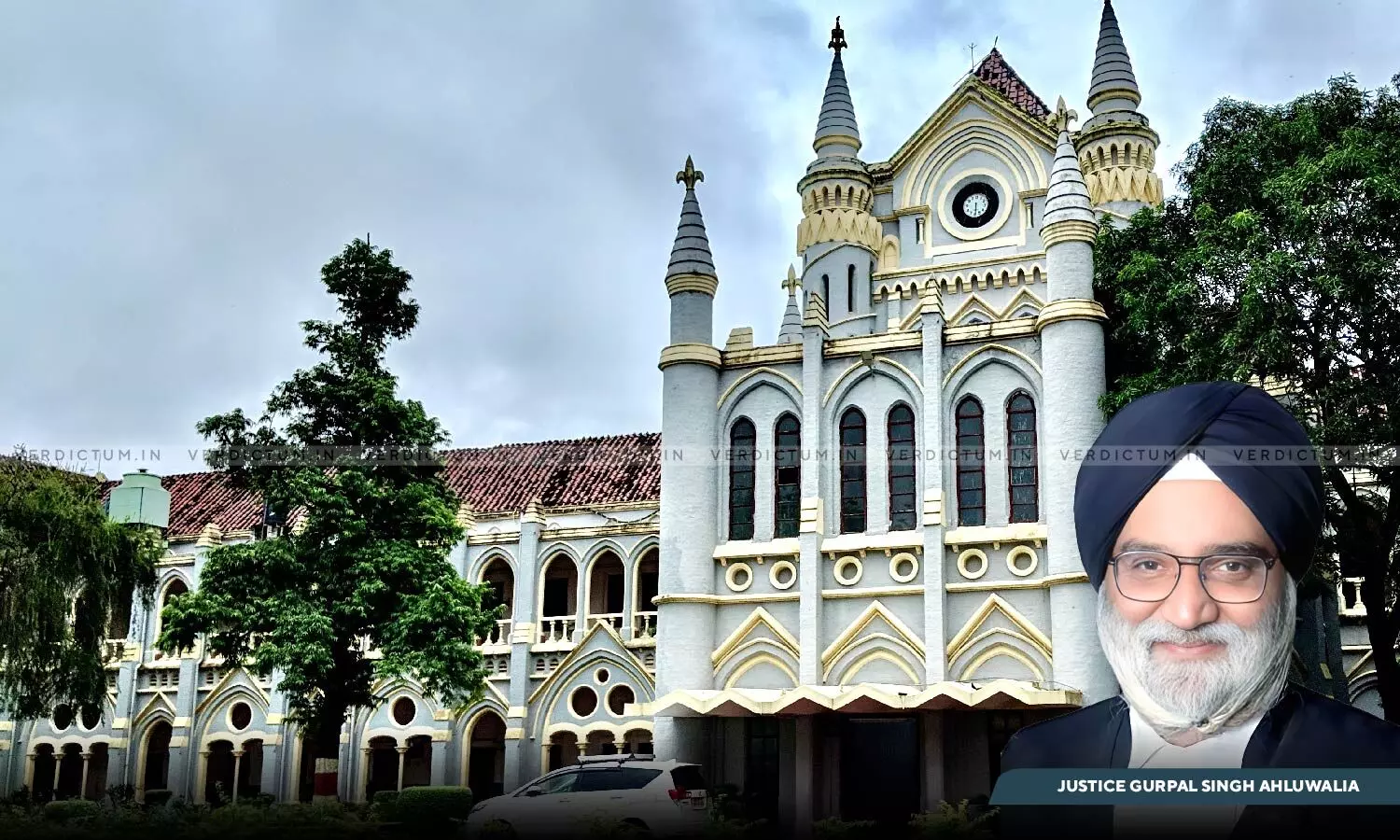
Judgement Debtor Not Exempted From Payment Of Interest If He Loses Appeal After Obtaining Stay On Execution Of Money Decree: Madhya Pradesh High Court
 |
|The Madhya Pradesh, Jabalpur Bench has held that judgment debtors who have secured a stay on execution of a money decree are not exempt from paying interest if they lose their appeal.
The State Bank of India via an order notified a retired Teacher that an excess payment had been made to her account. The Bank instructed the teacher to either repay the entire amount in a single installment or to opt for a recovery plan involving monthly installments. The Teacher approached the High Court challenging the order.
The Court dismissed her application and noted that she had obtained an interim order for staying the recovery of the excess payment though, did not make any payments towards the outstanding amount since.
The Bench of Justice Gurpal Singh Ahluwalia observed, “Thus, it is clear that once judgment debtor has obtained stay on the execution of money decree, then he cannot seek exemption from payment of interest in case if he loses the appeal”.
Senior Advocate Brian D’silva appeared for the Petitioner and Advocate Prabhanshu Shukla appeared for the Respondents (State Bank Of India).
The Petitioner, a retired teacher, approached the High Court against the State Bank of India, challenging an order directing her to refund excess pension payments amounting to Rs.3,11,894/-. The Petitioner contended that the recovery of excess payment was not permissible and that the Bank was responsible for deducting the commuted portion of her pension. The Respondent/Bank, on the other hand, contended that the Petitioner was fully aware of her entitlement and that her failure to inform indicated dishonest intent.
The Court referred to the Supreme Court Judgment in the cases of Style (Dress Land) v UT, Chandigarh [(1999) 7 SCC 89] and High Court of Punjab & Haryana & Ors. v Jagdev Singh [(2016) 14 SCC]. The Bench noted that the Petitioner's conduct amounted to a breach of trust and that she should be liable to pay interest on the excess amount.
“This conduct of the petitioner also amounts to breach of trust because it was expected from the petitioner to bring it to the notice of the bank that excess payment is being paid to her for which she is not eligible”, the Bench observed.
Furthermore, the Bench observed that the petitioner had obtained an interim order for staying the recovery of the excess payment. Still, she had not made any payments towards the outstanding amount since then. Therefore, the Court directed the Petitioner to pay interest on the outstanding amount at the rate of 6% per annum.
Accordingly, the Court dismissed the Petition.
Cause Title: Anugrah Kiran Das v State Bank Of India